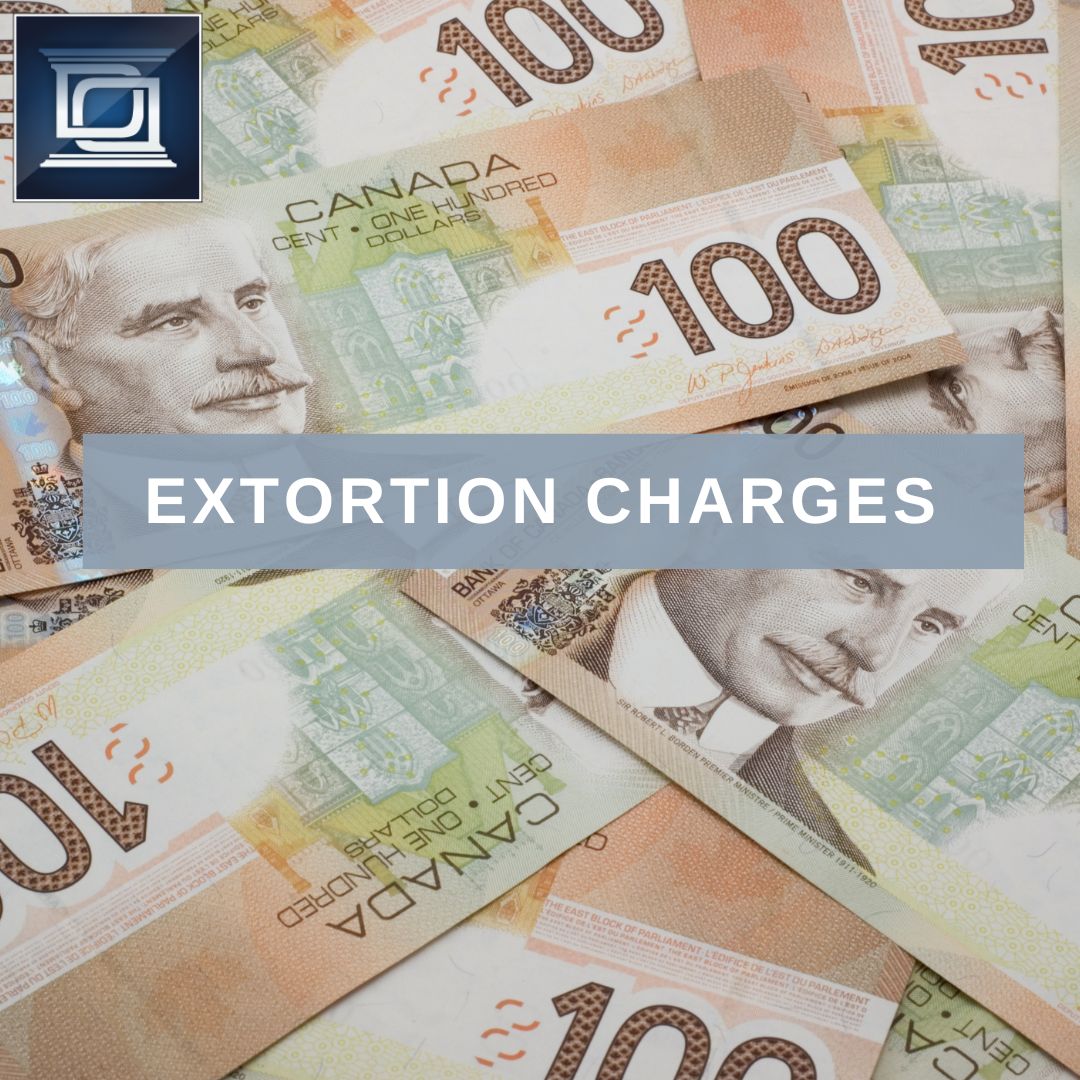Extortion is a criminal offence involving the act of obtaining something, such as money, property, or services, from another person through coercion, threats, or intimidation. It is a form of unlawful manipulation that aims to force the victim into complying with the demands of the offender.
Key elements of extortion include:
- Coercion or Threats: Extortion typically involves the use of coercion or threats to intimidate the victim. These threats can be explicit or implicit and may include threats of physical harm, damage to property, disclosure of sensitive information, or harm to the victim’s reputation.
- Obtaining Something of Value: The primary objective of extortion is to acquire something of value from the victim. This can take various forms, such as money, property, services, favors, or even personal information.
- Lack of Consent: In extortion cases, the victim’s consent to provide what is demanded is typically coerced or obtained under duress. The victim may feel compelled to comply due to fear of the consequences threatened by the offender.
Extortion is illegal in Canada and is considered a serious criminal offence due to the harm it inflicts on the victim. The nature and severity of extortion charges can vary based on the jurisdiction and the specific circumstances of the case. Penalties for extortion convictions may include imprisonment, fines, probation, and restitution to the victim.
Penalties for Extortion
The specific penalties for extortion in BC are outlined in the Criminal Code of Canada, as our province follows federal laws regarding criminal offences. The penalties can vary depending on the circumstances of the case, the severity of the extortion, and any aggravating factors involved.
According to the Criminal Code, the maximum penalties for extortion in Canada, including British Columbia, are as follows:
- If prosecuted as an indictable offence:
- Imprisonment for a term not exceeding 14 years
- If prosecuted as a summary conviction offence:
- Imprisonment for a term not exceeding two years less a day
- A fine not exceeding $5,000
It’s important to note that these are the maximum penalties, and the actual penalties imposed can vary based on the specifics of each case, such as the level of harm caused, any use of violence or weapons, the defendant’s criminal history, and the presence of any mitigating or aggravating factors.
It’s worth mentioning that extortion cases in British Columbia can also involve related offences, such as uttering threats or assault, which can further impact the penalties.
Hire a Criminal Defence Lawyer
When facing extortion charges, it is essential to remember that you have the right to legal representation. A skilled lawyer will thoroughly analyze the circumstances of the case, identify any weaknesses in the prosecution’s evidence, and build a robust defence strategy. Some potential defence strategies include lack of intent, lack of credible threats, absence of consent, mistaken identity, or demonstrating that the accused’s actions did not meet the legal definition of extortion.
Contact the team here at Dhanu Dhaliwal Law Group today to get started.





